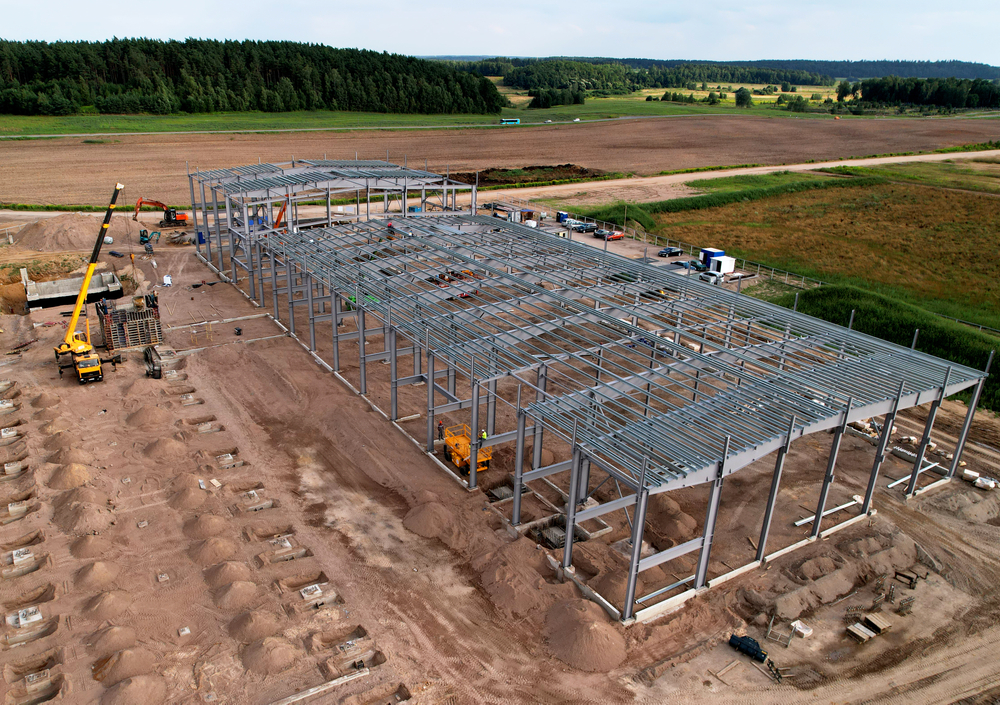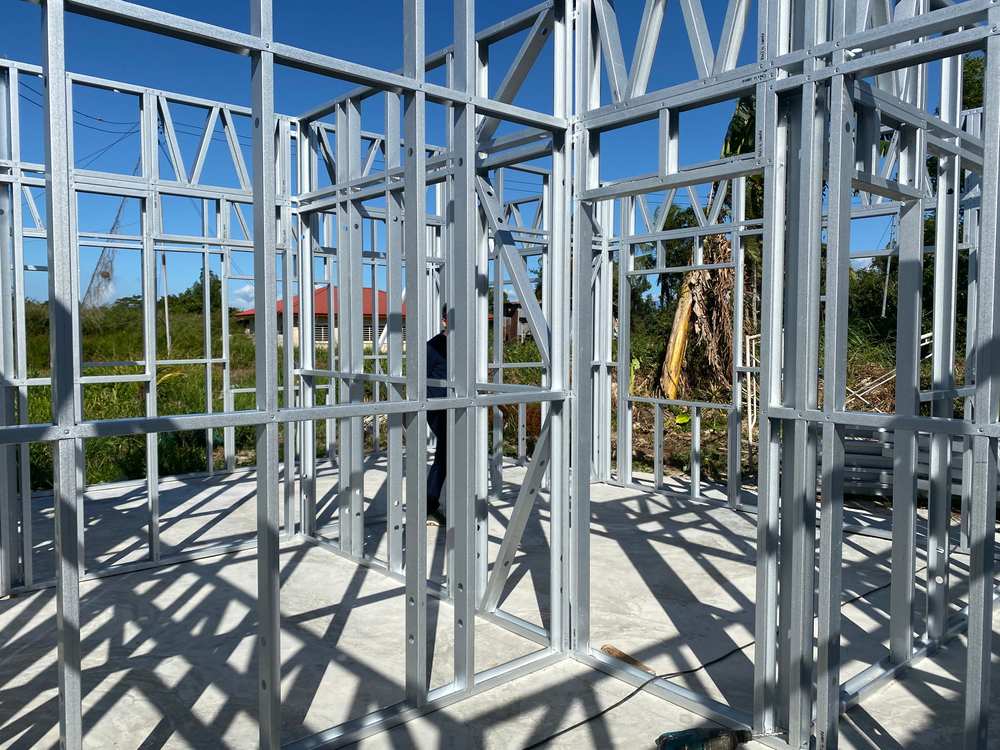Steel constructions are no longer restricted to residential use alone, as was the case in the past. Metal garage structures are becoming more popular as a result of their increased visibility. They may be utilized for a variety of personal and business purposes.
Unlike ordinary wood buildings, prefabricated steel garages are shipped and built with 100 percent galvanized steel, making them resistant to pests, rust, and other seasonal issues that might occur with wood structures.
People are increasingly choosing light-gauge steel as their favorite construction material of choice, according to industry experts. What is it about steel that makes it a superior structural material over wood? Plenty! In comparison to wood, steel has many advantages, like being stronger, lasting longer, and being more adaptable.
On top of that, steel is resistant to fire, rot, and warping, and it is not affected by termites or other pests, as is wood.
What exactly is a gauge?

Gauge means a lot of things to many groups of people. When referring to steel structural components, the gauge refers to the thickness of the steel used in the construction of the component. Steel tube, also known as cold-formed steel frame, is often constructed from either 12-gauge or 14-gauge steel in the United States.
As a result, the thickness of 12-gauge steel is approximately.03 inches more than the thickness of 14-gauge steel. Are you beginning to understand the meaning of metal building gauges at this point? Have you learned from our previous posts how to frame a garage?
14-Gauge Metal Structures vs. 12-Gauge Metal Structures
To put it simply, the smaller the gauge number, the thicker and heavier the steel. Because the frame serves as the backbone for your metal structure, it must be sufficiently thick to support the roof, walls, and any other elements you want to add. Which gauge are you going to use? The answer to that question is contingent upon a number of circumstances, including the intended purpose of your structure. A deeper examination of both 14-gauge and 12-gauge metal construction possibilities follows:
Building Constructed of 14-Gauge Steel
In the United States, 14-gauge steel is the most often used frame material for light-gauge steel constructions. It’s durable enough for the majority of general-purpose applications, and 14-gauge steel is also the least expensive alternative. Additionally, with the addition of suitable bracing and anchoring, the majority of 14-gauge metal buildings may be certified to fulfill standard wind and snow load capabilities.
12-Gauge Steel Structure
While 12-gauge steel is somewhat more expensive, it also results in a substantially stronger, more durable construction that is capable of withstanding certain harsher circumstances. Certain regions of the nation – particularly those prone to more severe weather – need 12-gauge framing to fulfill construction requirements. However, even if 12-gauge framing is not required in your location, selecting for 12-gauge framing is the best option for any commercial or industrial structure. For the majority of backyard uses, the decision between 12-gauge and 14-gauge steel is purely personal. Many homeowners may opt for 12-gauge merely for the added peace of mind.
Come to Lion Garages for your peace of mind.
At lion Garages, we offer durable, affordable, and easy to install metal carports for your distinct needs. We even install them for you for FREE!
For a free quote, call us at (336) 962-2809.

